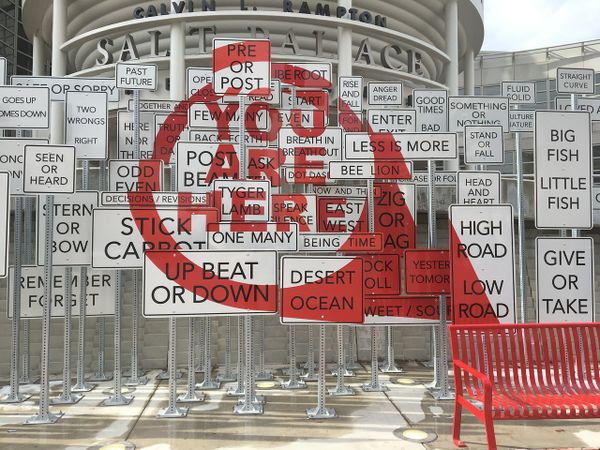Scammers Abuse Google Maps Pins to Profit from Deceptive Services or Referrals

The number of fraudulent businesses abusing Google Maps with fake pins has fallen 70 percent following a joint effort between Google and University of California San Diego computer scientists to analyze more than 100,000 fraudulent listings.
The scammers abused Google Maps location-based searches, placing fictive pins either offering deceptive services or referring traffic to legitimate businesses. The most common scam, involving on-call contractors such as plumbers and locksmiths, accounted for nearly 40 percent of all fake pins. In West Harrison, New York, 83.3 percent of all fake pins belonged to that category while in New York City the percentage was around 15.6 percent.
“Location-based search is increasingly becoming the way people interact with online content—even if you”re not using a mapping application,” said Alex C. Snoeren, a professor in the Department of Computer Science and Engineering at UC San Diego and a senior author of the study.
When called, scammers – or would-be plumbers and locksmiths – often set a low price, only to charge higher fees on-site. In most cases, they”re not even licensed, but end up making money anyway.
Another practice involves setting up fake pins for legitimate hotels and restaurants, and then creating websites for reservations that are connected to the business”s real website. This way they end up making commissions for each reservation or referred traffic.
Although Google”s verification process requires input from a postcard-sent verification code that”s delivered to the business”s address, scammers often rent PO boxes and fake suite numbers to bypass this out of band verification. In some instances, some scammers even changed their address or business category after verification.
Following the research, Google has set up additional verification measures to ensure that Google Maps is no longer poisoned with fake pins and that subscribing businesses are legitimate. Some of these include systems designed to prevent bulk registration or changes to locations significantly far from the original address.
tags
Author
Liviu Arsene is the proud owner of the secret to the fountain of never-ending energy. That's what's been helping him work his everything off as a passionate tech news editor for the past few years.
View all postsRight now Top posts
Start Cyber Resilience and Don’t Be an April Fool This Spring and Beyond
April 01, 2024
Spam trends of the week: Cybercrooks phish for QuickBooks, American Express and banking accounts
November 28, 2023
FOLLOW US ON SOCIAL MEDIA
You might also like
Bookmarks








